
A day of travel gives Madison the opportunity to consider the various expectations that different societies have.
Today we drove from the Simien Mountains, where we spent the night last night, to Shire, Ethiopia. It was about a five-hour drive, so I had lots of time to think and reflect in the car. I have been thinking a lot today – and really this whole trip – about the set of expectations that women around the world are expected to uphold.
In my experience living as a woman in the U.S., while I think we have taken great strides in removing limitations, women still seem to be expected to be wives and mothers, to take care of the home, and to submit to the authority of men without challenge. In my short experience visiting in Ethiopia, these same expectations are very present and pronounced for women.
Women are expected first and foremost to get married and have children. During our visits to project sites, we have met and talked to many women. Kendall and I (both 21 years old) have met 20-year-old women who are already married and have two or three children. When we ask women in the different villages how old they were when they got married, some have said “15,” “14,” or even “12.”
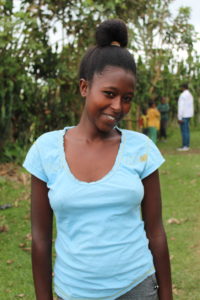
Once married, the woman’s job is to produce many children, as they will become helpers on the farm. These women drop out of school before their teenage years and never have the chance to finish a high school level education or continue their education at a university.
During one site visit, I noticed a woman looking at Kendall and me, and she spoke to us in her language. I asked Gashaw to translate what she said, and she said “You American girls are so privileged.”
This is true on so many levels. We are privileged to live in the U.S., where we enjoy many comforts of modern technology. We are also privileged that our country allows us, as girls, to go to college, to find work just like any male (and to find work in male dominated fields – shoutout to Kendall for being a female in engineering and doing amazing!!). We get to travel and to do more than get married and have children.
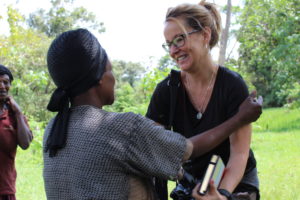
Throughout our site visits, we have also seen that the women take care of all of the housework. Women take care of the children, wash clothes, cook, and clean. This means that women also are in charge of collecting water. Whenever we are invited into someone’s home after visiting a site, the women serve the food they have prepared and the men eat with us, while the women wait and eat our leftovers after we leave. The men are considered to be the heads of the households and decision makers within communities.
We have noticed how shy the women are when we try to talk to them separately from the men. In Ethiopian culture, women are typically taught to be reserved and not outspoken. Sometimes this makes it hard to get the stories of the women in the villages we visit.
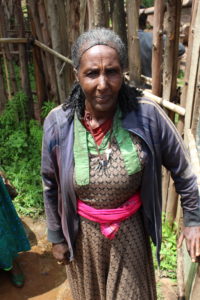
However, I have seen how Water to Thrive actively includes women in the decision-making around their water projects by requiring that half of the water committee members in each community are women. After all, it is the women and girls who walk miles to collect water. These walks are not only physically demanding for the women – jerry cans full of water can weigh 40 or 50 pounds, and they carry these on their backs! – but they are dangerous as well. Women and girls may be assaulted or raped on their way to and from the water source. Having a well within their own community takes this long walk away, making these women safer from assault and giving them precious hours back in their days. With these hours, girls can stay in school and possibly continue their education, and women have more time to take care of their many other duties.
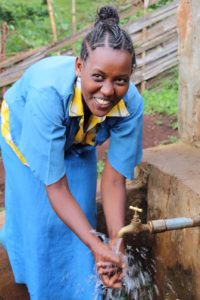
What I have learned most from observing how hard women work here is to use my voice to give them the credit they deserve. These women truly do it all here. They serve their husbands, children, and each other, with joy in their hearts and without asking for recognition in return.
I have truly met some amazing and inspiring women on this trip. I am so happy to be working with an organization like Water to Thrive that recognizes the value of these women and works to uplift and empower them.


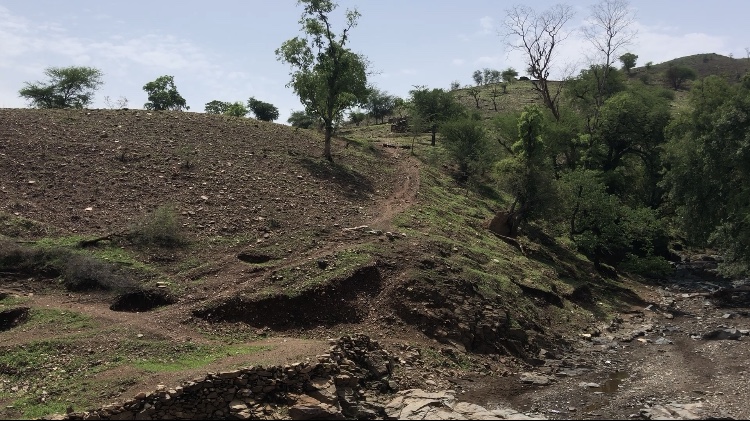
About The Author: Water to Thrive
More posts by Water to Thrive